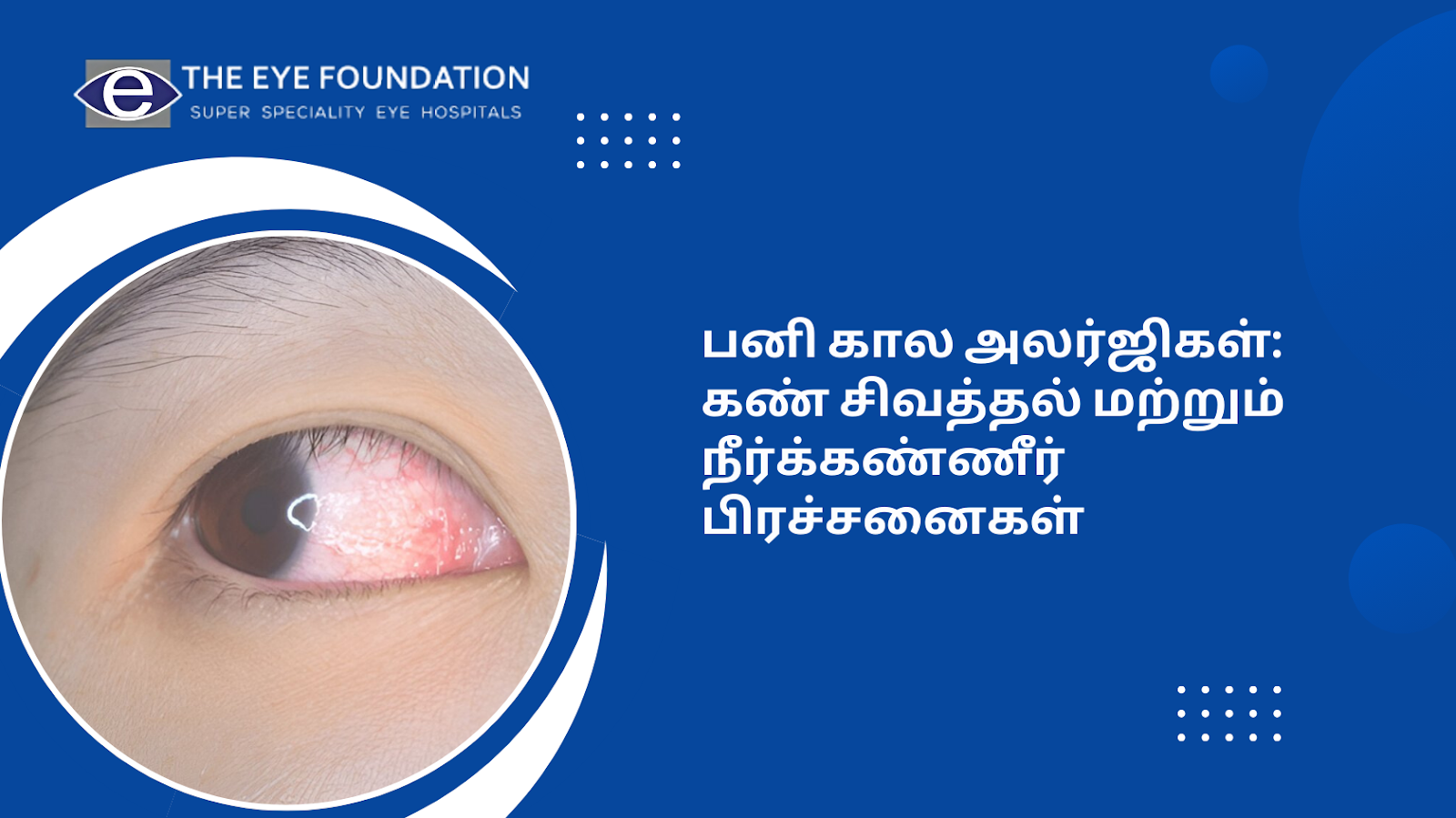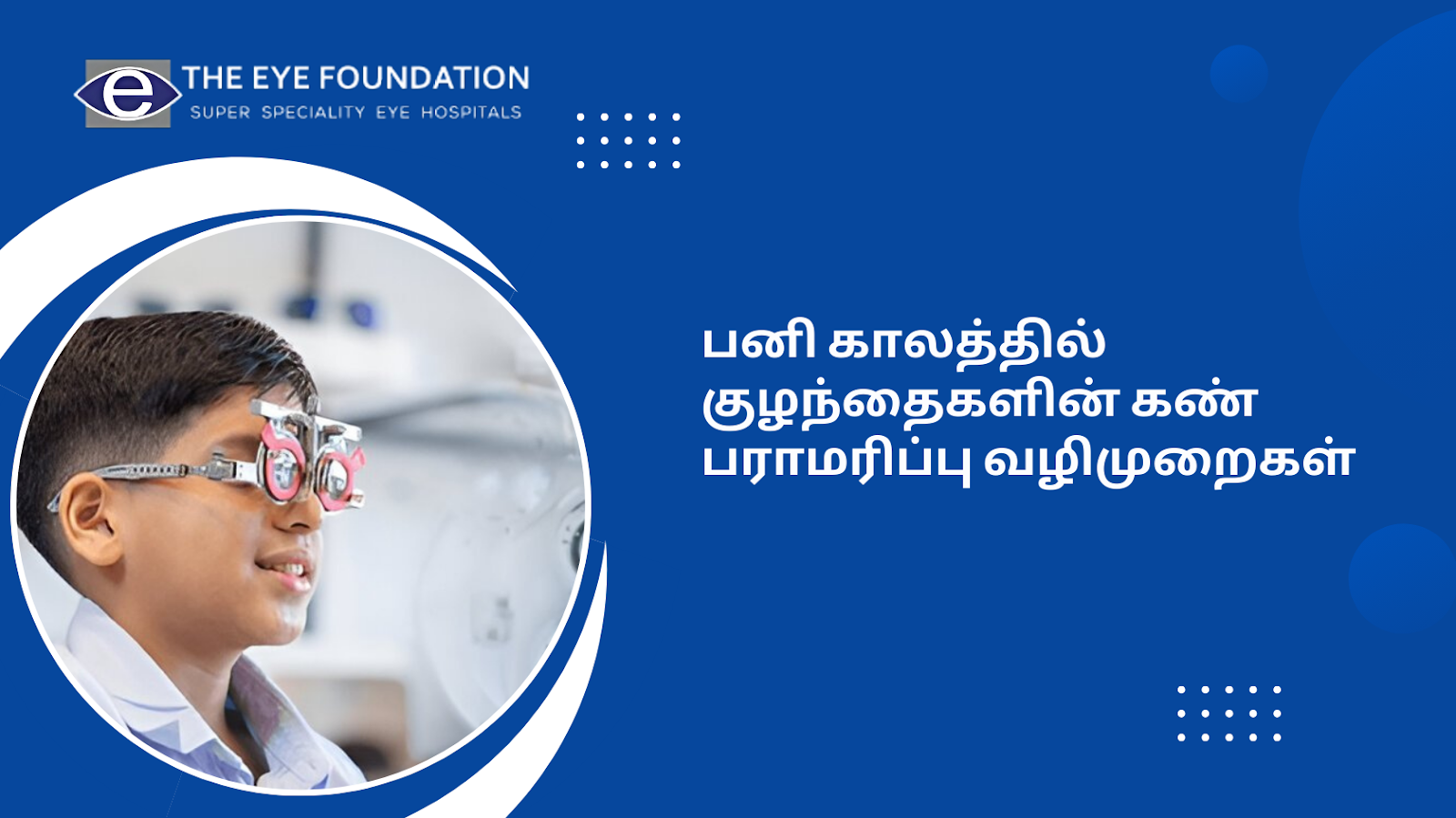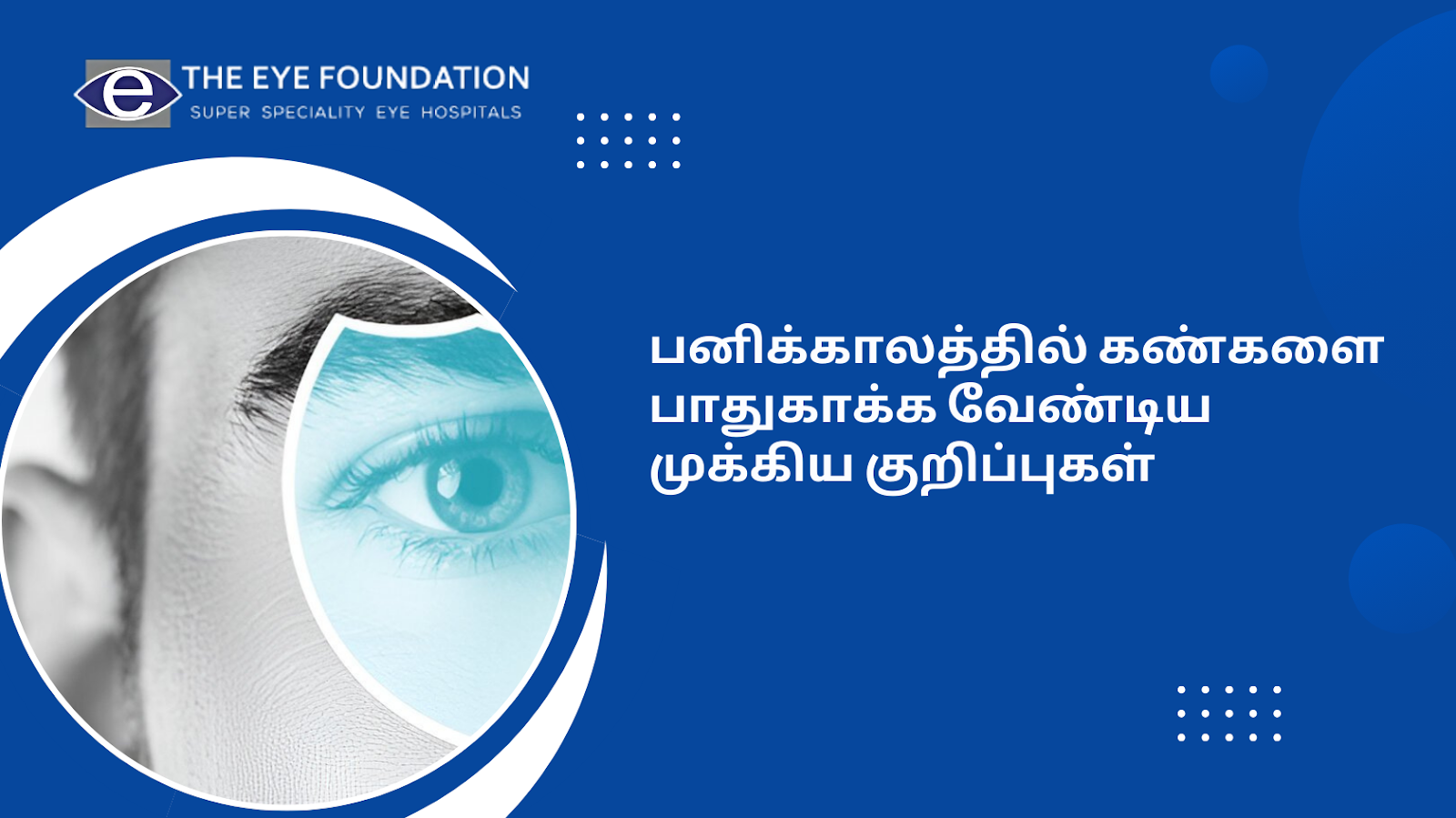Keratoconus is a progressive eye condition that causes the cornea to thin and bulge. This can lead to blurred vision, sensitivity to light, and double vision. Keratoconus is most common in people between the ages of 10 and 25, but it can develop at any age.
There is no cure for keratoconus, but there are treatments that can help to improve vision and slow the progression of the disease. Treatment options include:
- Eyeglasses or soft contact lenses: In early stages of keratoconus, glasses or soft contact lenses may be sufficient to correct vision.
- Rigid gas permeable (RGP) contact lenses: RGP contact lenses are stiffer lenses that can help to reshape the cornea and improve vision in more advanced cases of keratoconus.
- Intacs: Intacs are tiny corneal implants that can help to strengthen the cornea and improve vision.
- Corneal collagen cross-linking (CXL): CXL is a procedure that uses ultraviolet light to strengthen the collagen fibers in the cornea. This can help to slow the progression of keratoconus and prevent the need for more invasive surgery.
- Corneal transplant: In severe cases of keratoconus, a corneal transplant may be necessary to restore vision.
If you are experiencing any symptoms of keratoconus, consulting an expert at an Eye Hospital in Kochi can help you access advanced treatments tailored to your condition
Lifestyle Tips for Managing Keratoconus:
In addition to medical treatment, there are a number of lifestyle tips that can help to manage keratoconus symptoms and improve quality of life. These include:
- Avoid eye rubbing: Rubbing the eyes can damage the cornea and worsen keratoconus.
- Wear sunglasses: Sunglasses can help to protect the eyes from the sun's harmful UV rays.
- Use artificial tears: Artificial tears can help to keep the eyes moist and reduce discomfort.
- Take breaks from screens: If you spend a lot of time looking at screens, take breaks every 20 minutes to look at something 20 feet away for 20 seconds. This can help to reduce eye strain.
- Eat a healthy diet: A healthy diet can help to support overall eye health. Make sure to eat plenty of fruits, vegetables, and whole grains.
World Keratoconus Day on 10th November 2023
World Keratoconus Day is celebrated on the 10th of November each year to raise awareness of this eye condition and to encourage people to seek treatment early. If you think you may have keratoconus, schedule an appointment with an eye doctor for a comprehensive eye exam at The Eye Foundation.






